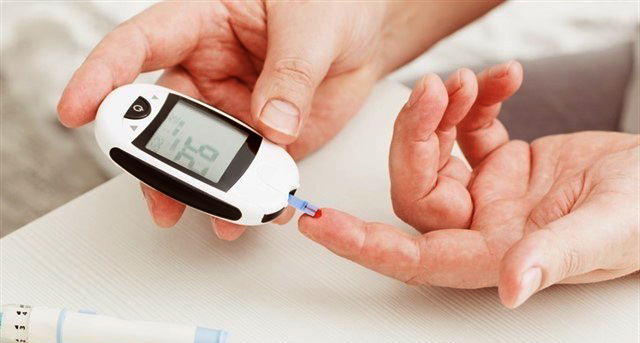Hypocalcemia is a disease in which blood calcium levels are too low. It produces neuromuscular and neuropsychiatric symptoms, which can become serious if left untreated. Calcium is an essential substance for the contraction of muscles, the transmission of nerve impulses, the activation of blood coagulation systems and the formation of bones. Therefore, the existence of hypocalcemia will produce symptoms at the muscular, nervous and bone levels fundamentally.
This disorder is carried out through a blood test, performing other diagnostic tests if the specialist considers it appropriate. Hypocalcemia is considered when the amount of ionic calcium is less than 4.75 mg / dl or when the amount of total calcium in blood is below 8.5 mg / dl. When this problem is diagnosed, the goal of treatment is to replenish calcium levels and restore the balance of minerals in the body.
It can affect all kinds of people, from children to elderly people, although it is especially frequent in certain population groups such as the elderly, pregnant women, postmenopausal women, people on prolonged treatment with corticosteroids or vegetarians. Also those patients who have undergone surgery of the thyroid gland or the parathyroid gland have a significant risk of developing hypocalcemia.
 Symptoms that may suggest the existence of low calcium in the blood are: tingling in the mouth, hands or feet, muscle aches and spasms, difficulty breathing, palpitations, dry skin, disorientation or even delusions and hallucinations. Hypocalcemia also increases the risk of bone fractures, especially in the elderly.
Symptoms that may suggest the existence of low calcium in the blood are: tingling in the mouth, hands or feet, muscle aches and spasms, difficulty breathing, palpitations, dry skin, disorientation or even delusions and hallucinations. Hypocalcemia also increases the risk of bone fractures, especially in the elderly.
The causes of hypocalcemia are very varied, from a low intake of calcium in our usual diet, to an increase in the losses of this mineral due to the consumption of drugs such as diuretics. Alterations in the parathyroid gland, which is responsible for producing the parathyroid hormone or PTH (whose function is to regulate the metabolism of calcium and phosphorus) is another very common cause of hypocalcemia.
If the hypocalcemia is very serious when the levels are very low or fall quickly, urgent treatment may be necessary intravenously, as the life of the patient may be in danger. However, most of the time calcium levels can be replaced by dietary measures or by taking calcium and vitamin D supplements.
Hypocalcemia is a preventable disease in a high percentage of cases. A balanced diet, including dairy products, fish such as salmon and green leafy vegetables like spinach is essential to avoid this problem.
Always take care of your health with a unique and efficient service. Visit Pharmamedic.






